The territory of Ambazonia is well known within diplomatic circles.
Editorial Rebuttal to Justice Mbuh: Defending the Name “Ambazonia” and the Right to Truth
From the Editorial Desk of The Independentist
8 July 2025
What is Justice Mbuh’s Argument?
Justice Mbuh, in a public Facebook post, raises a strong objection to the continued use of the name “Ambazonia” to refer to the former British Southern Cameroons. His key points are:
The name Ambazonia, once meaningful, has now been “muddied” or tainted by those who currently use it.
The legitimacy of using “Ambazonia” ended with the Greentree Agreement of 2006 (which implemented the 2002 International Court of Justice (ICJ) ruling between Cameroon and Nigeria over the Bakassi Peninsula).
He argues that the Southern Cameroons–Ambazonia identity is a conspiracy, since the ICJ ruling and Greentree Agreement are not cited in Ambazonian narratives.
He believes that the post-2013 rise of Ambazonia caused suffering and crimes against humanity, which must be addressed.
In essence, Justice Mbuh believes the Ambazonian identity is no longer legally or morally valid after 2013—and that those who continue to use it are misleading the people.

A Rebuttal for the Layman: What’s Wrong With That Argument?
Let’s break this down into everyday language.
- Who gave us the name “Ambazonia”?
The name Ambazonia wasn’t picked out of thin air. It was first coined in 1984 by Fon Gorji-Dinka, a lawyer and former president of the Bar Association in Cameroon. He used it to describe the territory of British Southern Cameroons, especially after the government in Yaoundé illegally scrapped the federal structure and renamed the country the “Republic of Cameroon”—a name that already existed before unification.
So, “Ambazonia” isn’t a recent invention or conspiracy. It’s a response to betrayal—a way for people to reclaim their identity after being erased from the map and the constitution.
- Did the ICJ ruling and Greentree Agreement settle Ambazonia’s case?
Not at all.
The 2002 ICJ ruling was a boundary case between Cameroon and Nigeria, mainly about who should control Bakassi. It was not a case about the status of Southern Cameroons. Ambazonians were not part of the case, were not represented, and had no voice in the ruling.
The Greentree Agreement signed in 2006 was just the way Nigeria agreed to hand over Bakassi to Cameroon, based on the ICJ judgment. That’s all.
So Justice Mbuh is mistaken. Neither the ICJ ruling nor the Greentree Agreement addressed the central question of whether British Southern Cameroons ever legally became part of Cameroon. And the truth is: there is no signed treaty of union between the two. That is the heart of the crisis.
- Is Ambazonia a conspiracy or a legitimate cause?
If there is a conspiracy, it’s not Ambazonia—it’s the silence and distortion that followed the 1961 UN Plebiscite, when Southern Cameroonians were told to choose between joining Nigeria or Cameroon but were never given a third option: independence.
Worse still, after the vote, no legal steps were taken to formalize any union. No treaty. No parliamentary ratification. Nothing. La République du Cameroun simply took over.
The people who now call themselves Ambazonians are not inventing history. They are fighting for the truth to be recognized.
- What about the suffering and crimes against humanity since 2013?
Yes, there has been terrible suffering. But let’s be honest: that suffering came not because people called themselves Ambazonian, but because the Cameroonian government responded to peaceful protests with military force.
In 2016, when lawyers and teachers protested peacefully, asking for respect for the Anglo-Saxon system, the regime sent in troops, banned the internet, arrested leaders, and burned villages. That’s what caused the war.
Ambazonia is not the cause of violence. It is the consequence of decades of marginalization, betrayal, and brutality.
Final Word
Justice Mbuh’s concerns deserve to be heard—but they must also be corrected. History didn’t begin or end with the Greentree Agreement. The story of Ambazonia began long before 2006, and it will not be erased because a name makes some uncomfortable.
Ambazonia is not a slogan. It is a people, a territory, and a truth that refuses to die.
And if Justice demands anything, it is this: listen to those who have been silenced for too long.
— The Editorial Desk
The Independentist













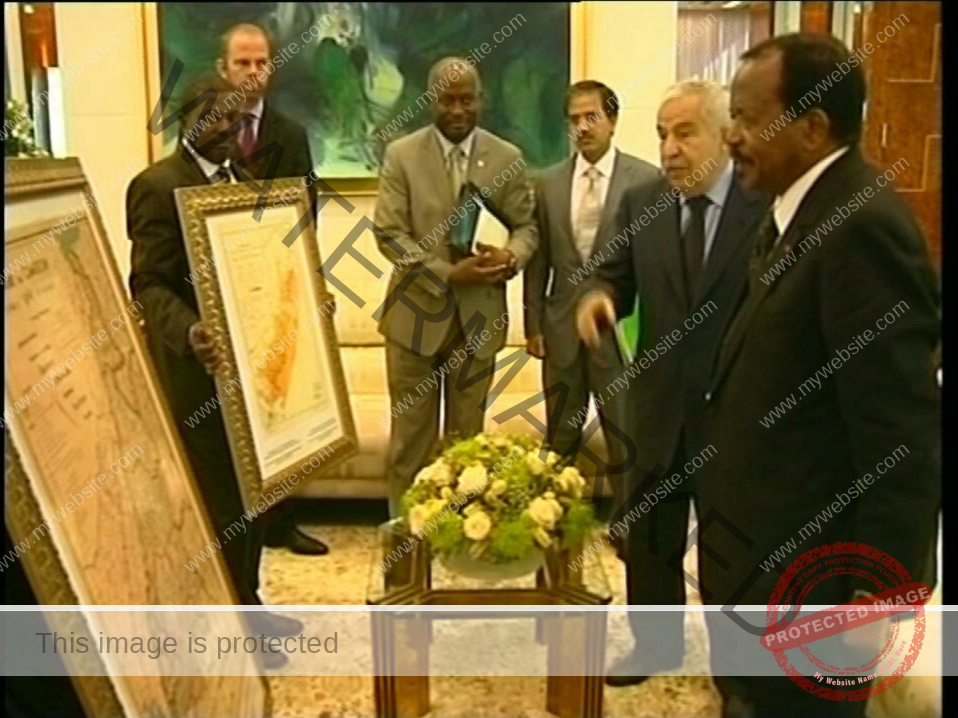
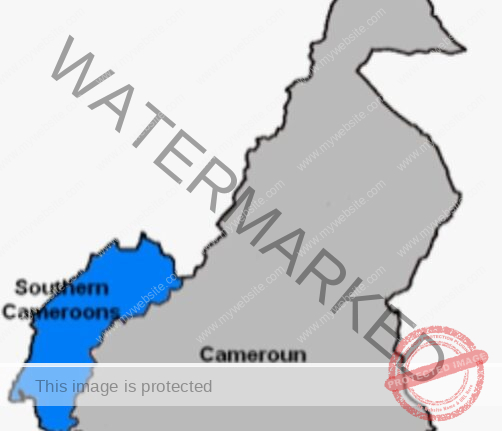


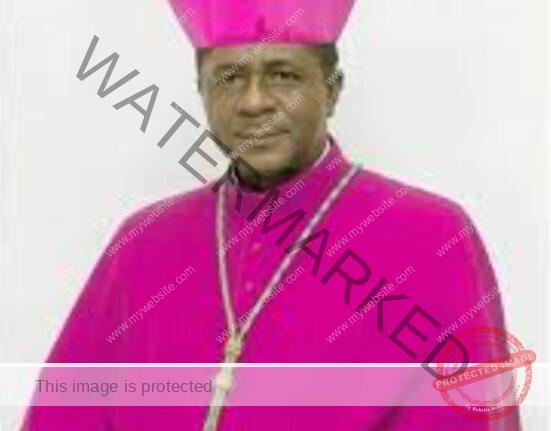
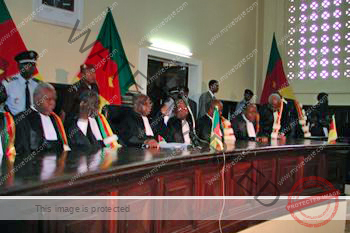
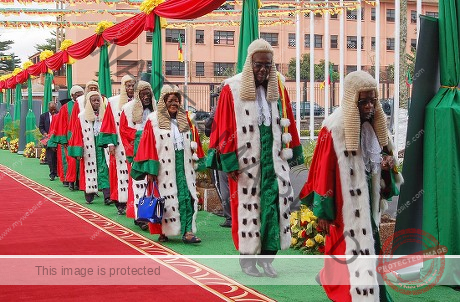

Leave feedback about this